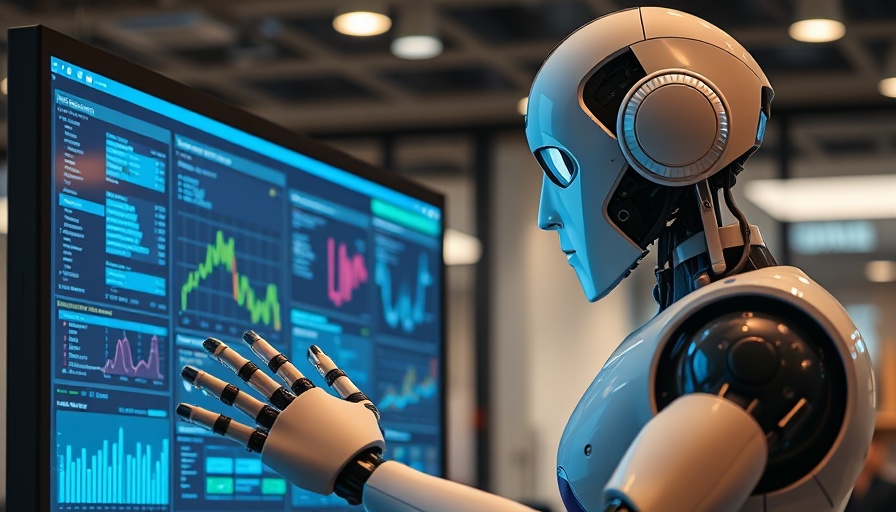
AI as a Game Changer in Political Arenas
As we approach the 2026 elections, the integration of artificial intelligence into political campaigns is set to redefine how political information is disseminated and consumed. With the rise of technologies like deepfakes and algorithmic propaganda, AI will not only assist in crafting persuasive narratives but also manipulate voter sentiments more effectively than ever before. This has deep implications for the democratic process.
The Influence of AI-Powered Misinformation
Deepfake technologies represent a major threat, capable of fabricating realistic video and audio content. During election cycles, the potential for misinformation is enormous. Past elections have already illustrated the power of simple memes, but AI-generated deception could propel misinformation to unprecedented levels. This raises crucial questions about the ethics and regulations of utilizing AI in political campaigns.
Ethical Considerations of AI in Politics
With the increasing usage of AI in political strategies, ethical implications surrounding transparency, manipulation, and public trust become critical. The challenge for policymakers will be to regulate AI in ways that safeguard the integrity of democratic processes while still allowing innovation to flourish. Striking the right balance will be essential to avoid amplifying societal inequalities or biases often mirrored in AI algorithms.
Future Predictions: AI’s Role Beyond 2026
The 2026 election cycle may just be the tip of the iceberg regarding AI's influence on politics. As AI technology continues to evolve, future elections could see even more sophisticated forms of persuasion and manipulation—ranging from personalized political ads to the use of data analytics in understanding voter behavior. There’s potential for AI to not only disrupt the electoral landscape but also reshape governance and accountability frameworks.
The Need for Regulatory Frameworks
As voters become aware of AI's integral role in shaping their political environment, the demand for regulations surrounding its use in campaigns will grow. It is imperative for lawmakers to engage in proactive discussions about AI policies that protect voters and support ethical standards. This includes initiatives that foster transparency regarding the deployment of AI technology in political messaging and the data mining practices behind it.
As we continue to navigate the complex interplay between technology and society, understanding the implications of AI in politics will be vital for fostering informed citizenry. Engaging with these societal changes and advocating for responsible innovation will ultimately serve the foundation for a participatory democracy.
Now more than ever, it is essential to advocate for AI-regulatory frameworks that prioritize ethical considerations. Join the conversation surrounding AI in politics to contribute to setting standards that align technological advancements with societal well-being and democratic integrity.
 Add Row
Add Row  Add
Add 




 Add Row
Add Row  Add
Add 



Write A Comment